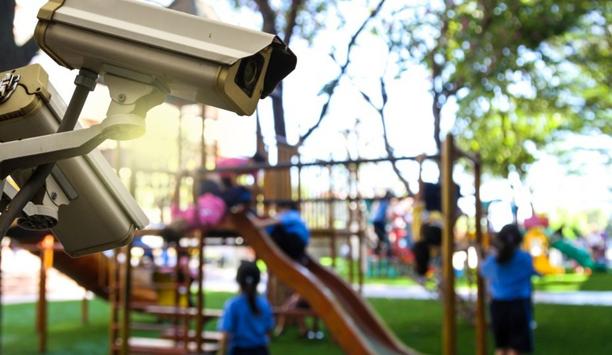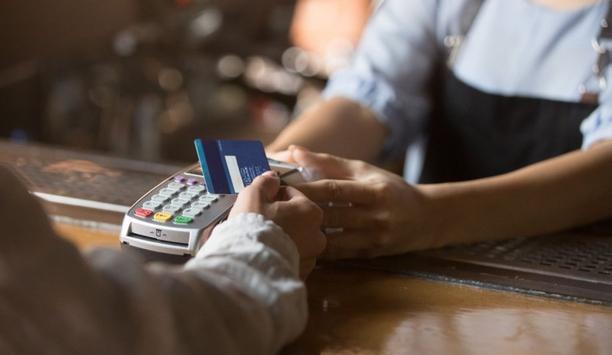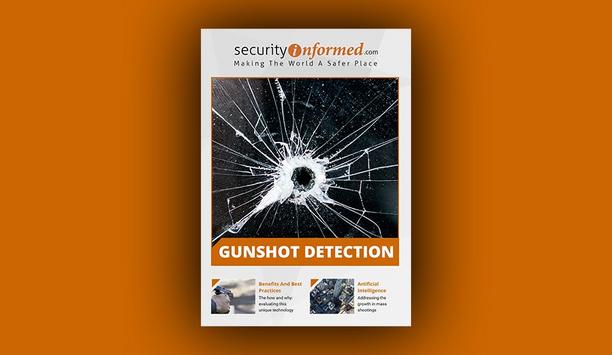 |
| The plan provides options that include biometrics equipment, mobile biometrics capability and issue smart cards |
Recently, the Secure Identity & Biometrics Association (SIBA), a global leader on identity management policy and practice, released a plan that lists potential actions that decision-makers might take to address the threat of terrorists posing as refugees in the wake of the Paris attacks. The list comes on the heels of news reports and information that a number of the terrorists might have entered Europe posing as refugees, and that one of them was carrying a fake Syrian passport.
"Terrorist organizations are interested in subverting traditional methods of screening and vetting which rely on identity documents, fingerprints, and biographical data,” said Michael Dougherty, the SIBA Chief Executive Officer. “Identity documents of course have a role to play in vetting refugees and asylum-seekers, but there are so many fraudulent Syrian passports and national IDs in circulation right now, those documents cannot be considered reliable in establishing a person's identity. This combined with the lack of background information on many displaced persons who are fleeing conflict and persecution, has justifiably raised security alarms relative to the movement of Syrian refugees.”
Dougherty also pointed to numerous reports that there is a growing cottage industry for forged documents, and that ISIS itself is using passport stock to obtain false identities for operatives traveling to the West to stage terror attacks. "The ability of ISIS and other groups to supply operatives with false identification credentials represents a serious threat to the security of civilian populations. However, there are actions that governments can take to mitigate some of these threats."
The Plan Provides Options For Decision Makers That Include:
Provide Biometrics Equipment To Relief Agencies:
Governments should ensure that the United Nations High Commissioner for Refugees (UNHCR) and other relief agencies that make first contact with those seeking refugee status have the funding and equipment necessary to capture facial images and iris scans in addition to fingerprints. The UNHCR has recent experience deploying such a capability in parts of Asia. Multimodal biometric capture should be 100% mandatory in order to baseline the identities of those whom relief agencies encounter, and to supplement biographical information. A recent article detailed how biometrics are being used in Syrian Refugee camps to prevent fraud. These same capabilities should also be used for screening and vetting purposes.
As there are literally millions of displaced persons flowing from Syria and the region, mobile biometrics is the only solution that can scale rapidly to establish effective identity management for the EU today. As proven by the UN earlier this year and from U.S. military operations in theatre, biometrically enrolling large populations for a variety of purposes is possible. Given the power, accuracy and mobility of state-of-the art capture devices, it can be also done quickly and effectively.
Deploy A State Of The Art Mobile Biometrics Capability In Europe:
The freedom of movement across traditional borders in the 26 countries which have abolished their borders (the Schengen Area) is a key feature of the European Union. This can constitute a challenge for law enforcement agencies as they encounter an unprecedented number of refugees from Syria and other conflict areas, and as ISIS seeks to inject terrorist operators from its large number of recruits into the flow.
The lack of adequate identity management tools on the ground for local agencies in Europe was recently evidenced when Belgian police apprehended one of the gunmen who took part in the Paris attacks and released him because they were unable to make a positive identification after checking his ID card. To help counter the problem, EU Member States should equip both national and local law enforcement agencies with multi-modal biometric capture devices for use with refugee populations. EU partners should work together to ensure that the data captured on foreign nationals in the Schengen Area can be matched to authoritative databases, including INTERPOL, shared between Member States and made accessible to law enforcement entities in real time.
While it appears that none of the Paris attackers were on Watch Lists, mobile biometrics can also enable law enforcement to find and apprehend such suspects after a critical event. Because latent prints, including partial latent prints, can be lifted from crime scenes and rapidly on-boarded to mobile devices, these tools can also be highly valuable in conducting investigations after critical events. This technique has helped to apprehend numerous perpetrators of IED attacks and other crimes in theatres of operation and can be easily brought to bear anywhere in the world. Moreover, as some of Paris attackers and many of new ISIS recruits may not be enrolled in Watch Lists but may have criminal records, the use and integration of mobile biometrics by local law enforcement overseas becomes all the more important.
US Can Utilize Existing Channels To Bolster Mobile Biometric Capabilities For Our Allies:
The United States, through a number of channels and programs can supply nations with mobile biometric capabilities described above. These channels include the Department of Defense Foreign Military Sales program for nations such as Greece and Slovenia, that are experiencing significant Syrian refugee traffic but likely do not have adequate resources to rapidly procure the needed biometrics tools and resources. Programs such as the State Department’s Antiterrorism Assistance Program can also be a suitable vehicle to bolster the biometric capabilities of our partners overseas. As we move forward, and the United States to continue to collaborate more closely with our European allies, the value of our interaction with these states can be greatly enhanced if the quality of the information being shared includes biometric data.
Issue Smart Cards For Refugees:
Officials should consider issuing a standard document to potential refugees to replace Syrian identity documents. Smart cards featuring an integrated circuit that contains a person's multimodal biometrics are readily available and variations on such cards have been used by the UN in other areas.



















